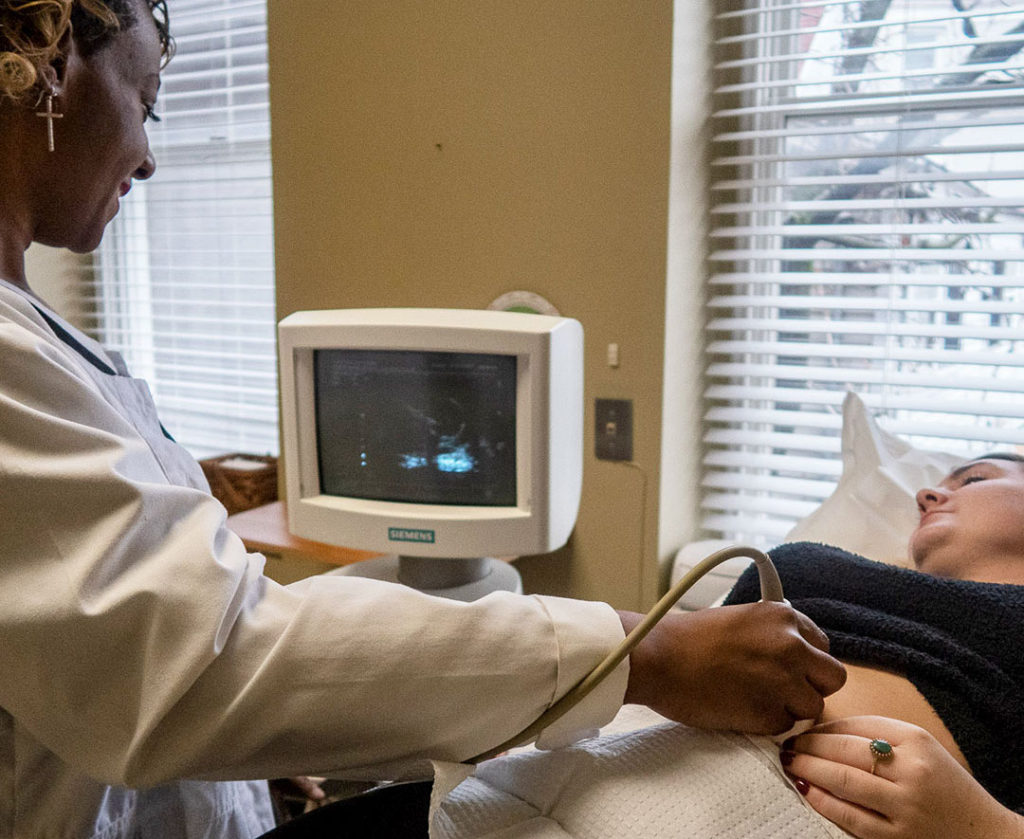
Tennessee’s Senate has passed narrow exceptions to the state’s abortion ban, which is among the strictest in the country. The bill now heads to the governor’s desk.
The current law prohibits abortions at all stages of pregnancy. At present, there are no explicit exceptions for doctors who offer abortion care, even to save a patient’s life, only an affirmative defense.
If signed by the governor, the bill, HB0883, would create explicit exceptions for doctors who perform abortions necessary to save a pregnant person’s life or prevent serious, irreversible harm. Those decisions must be made based on “reasonable medical judgment, based upon the facts known to the physician at the time.”
And the life-threatening situation cannot be due to mental health issues or threats of self-harm.
The bill would also allow doctors to terminate ectopic and molar pregnancies, and remove a dead fetus from the womb.
Sponsor Sen. Richard Briggs, R-Knoxville, defended the bill ahead of the vote. He told his colleagues that a vote against it signaled that they preferred the state’s total abortion ban to remain in place.
“It’s not what everybody wants. It’s not everything that I would like to have,” he said. “But I do think it is absolutely a necessary bill.”
Fellow Republican Sen. Ken Yager of Kingston also spoke up for the measure.
“I’m supporting the bill because I’m pro-life. Because this bill deals with two lives. It protects the life of the mother as well,” he said. He added that the bill would strengthen Tennessee against legal challenges in federal courts.
But Democrats have criticized the bill, saying doctors would still be weighing legal questions when treating patients. Sen. London Lamar, D-Memphis, said she was far from satisfied.
“This is not solving the issue at hand. And I am just very disappointed at the state of women’s health,” she said. “That a woman has to be damn near on her death bed in order for a doctor to save her life.”
Democrats also tried to add exceptions for cases of rape or incest.
Sen. Charlane Oliver, D-Nashville, shared a personal story on the Senate floor of surviving a sexual assault as a high schooler.
“Had I not been able to make the choice for myself with my doctor and my family, it would have literally — literally — changed the trajectory of my life,” Oliver said. “And I probably wouldn’t be standing here today.”
Oliver’s amendment did not make it into the bill. Nor did any attempt to add exceptions for rape or incest, including one specifically for child victims.
The bill passed 26-1 in the Senate, with four senators, including Lamar and Oliver, voting present. If the governor signs it into law, it would take effect immediately.

